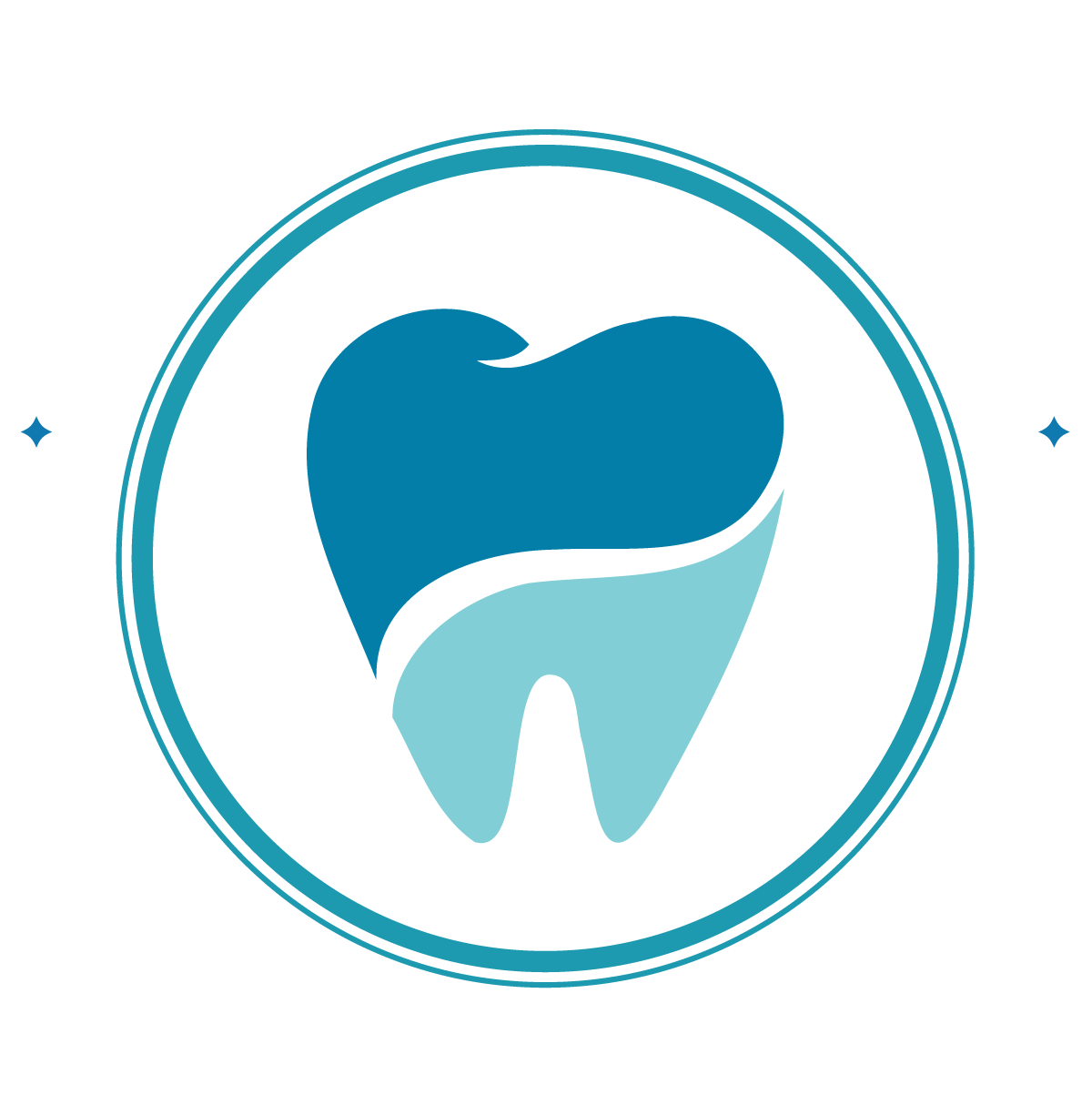Oral surgeons are uniquely trained to manage and treat maxillofacial trauma. Facial trauma can result from a number of causes, such as car wrecks, falls, sports-related injuries, interpersonal violence, and work-related injuries. These injuries can range from simple facial lacerations and tooth-related injuries to more complex lacerations of the face and oral cavity, or fracture of the bones of the face and jaws.
Dr. Babston is well-trained to repair facial lacerations, intraoral lacerations, avulsed (knocked out) or displaced teeth, and fractures of the facial bones and jaws. Typically, these procedures are performed in a hospital setting. Dr. Babston takes emergency room call and has admitting privileges at Mobile Infirmary Medical Center.
FAQs
- What do I do if my teeth are displaced or knocked out? Time is of the essence! Seek medical attention as soon as possible as there is a direct correlation between the amount of time a tooth is out of the mouth and its survival.
- If my tooth is knocked out, what do I do? First, do not scrub the tooth to remove debris. A gentle rinse will suffice. If you are able to replace the tooth, do so. If you cannot, the gold standard to store the tooth is Hank’s Balanced Salt solution. If that is not available, store the tooth in milk.
- If my jaw is broken, will my mouth have to be wired shut? In most cases, the answer is no. Conventional oral surgery attempts to repair jaw fractures with plates and screws. However, there are specific cases where closed reduction (wiring the teeth together) is the safest and most advantageous for the patient. Dr. Babston advocates for the use of plates and screws whenever possible.

